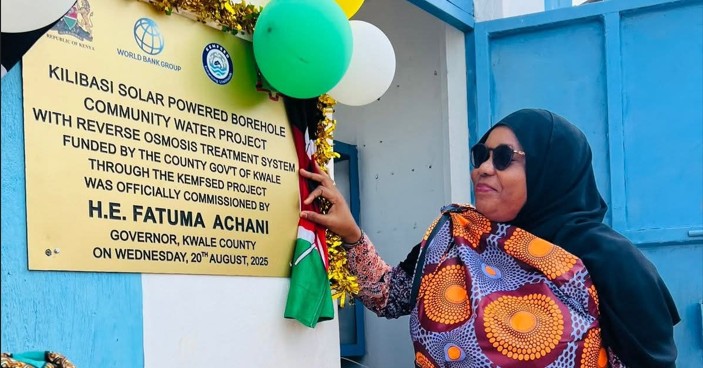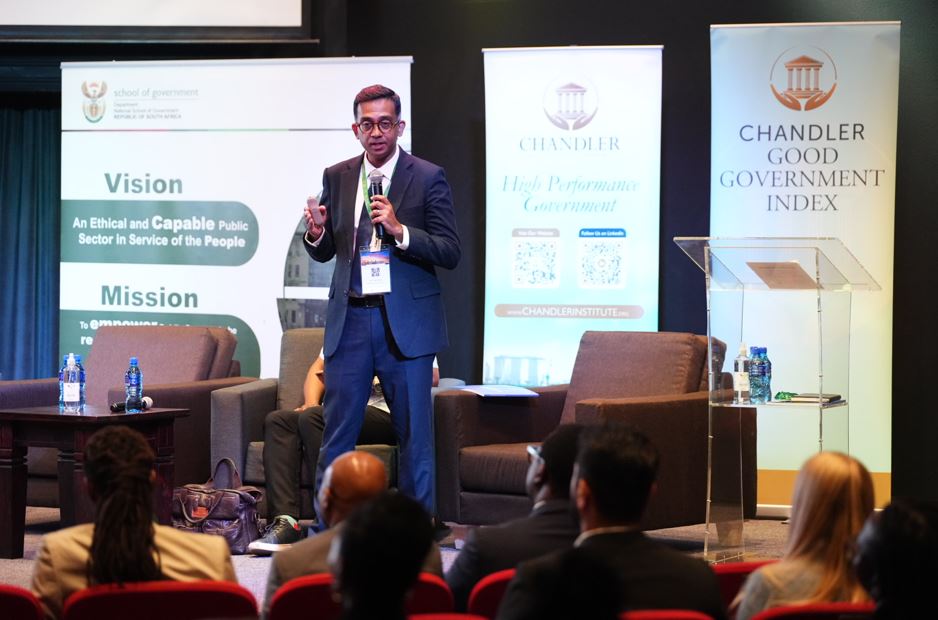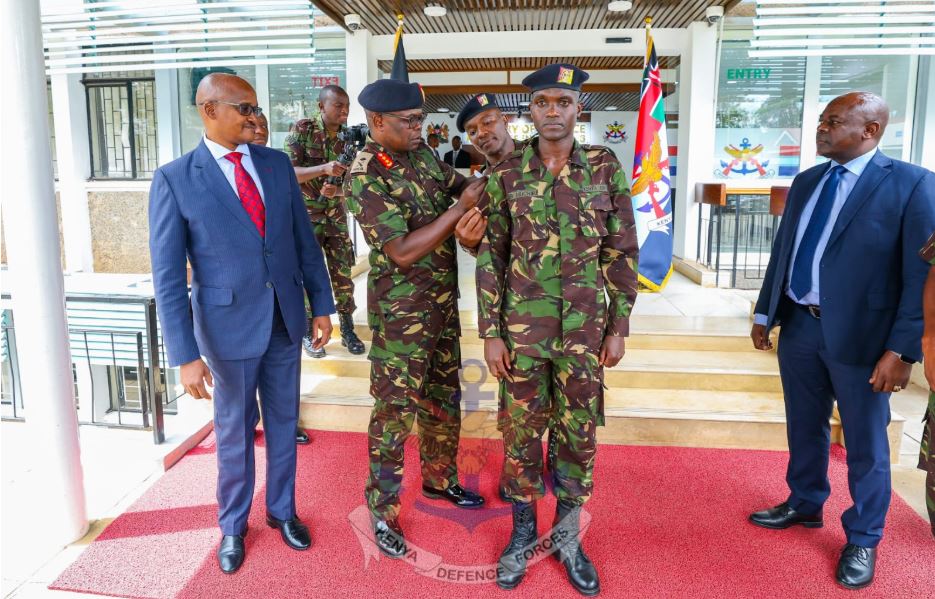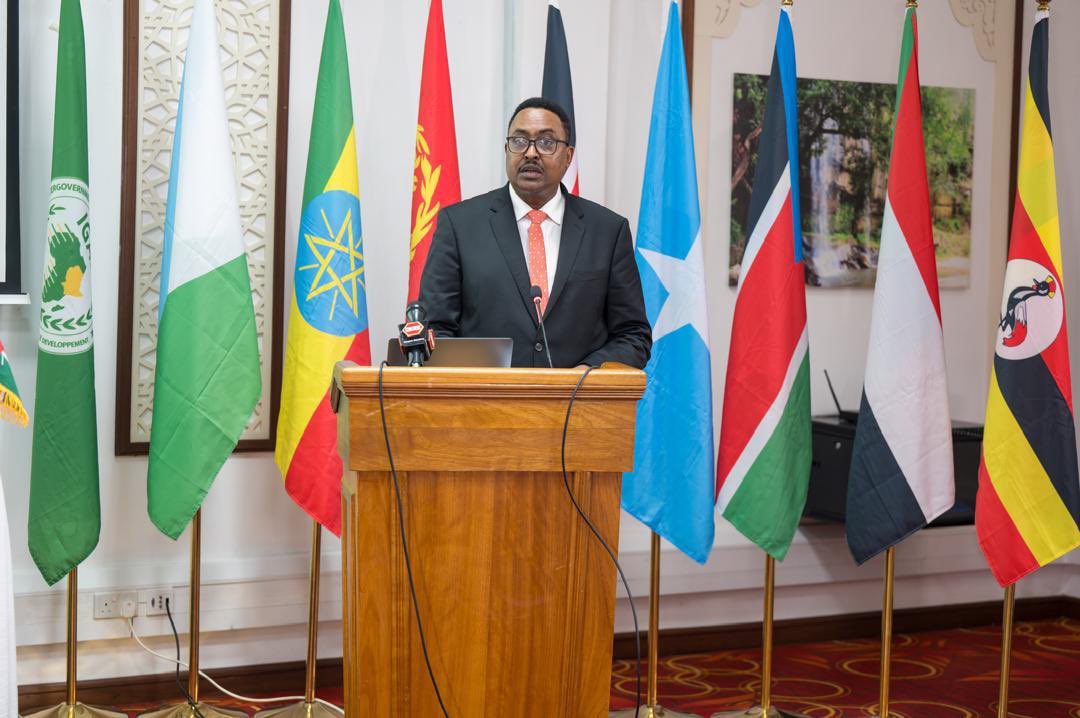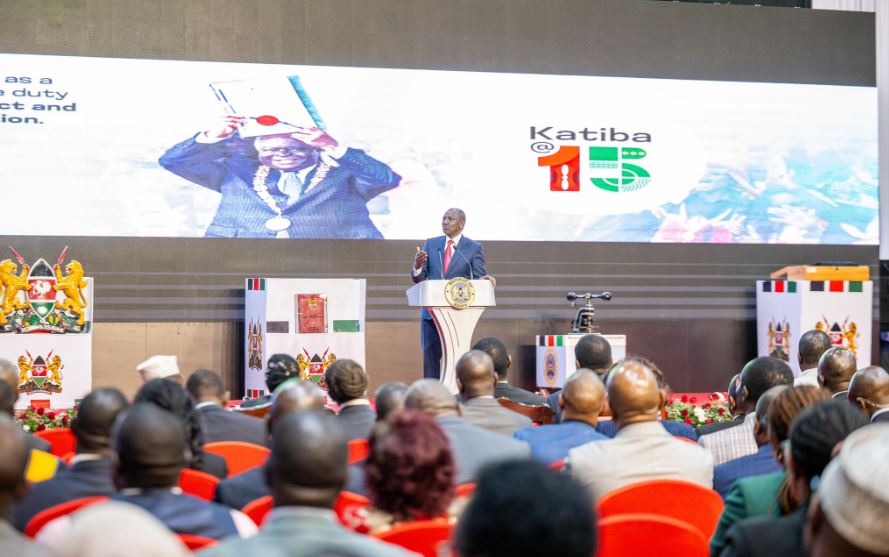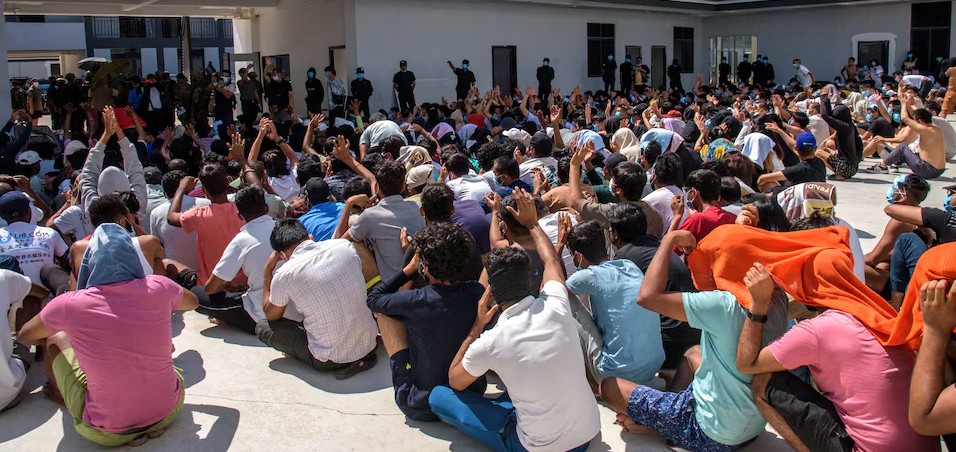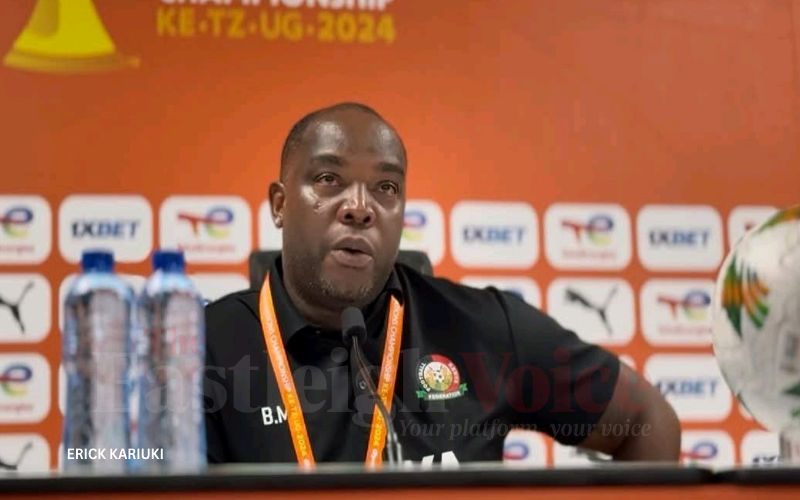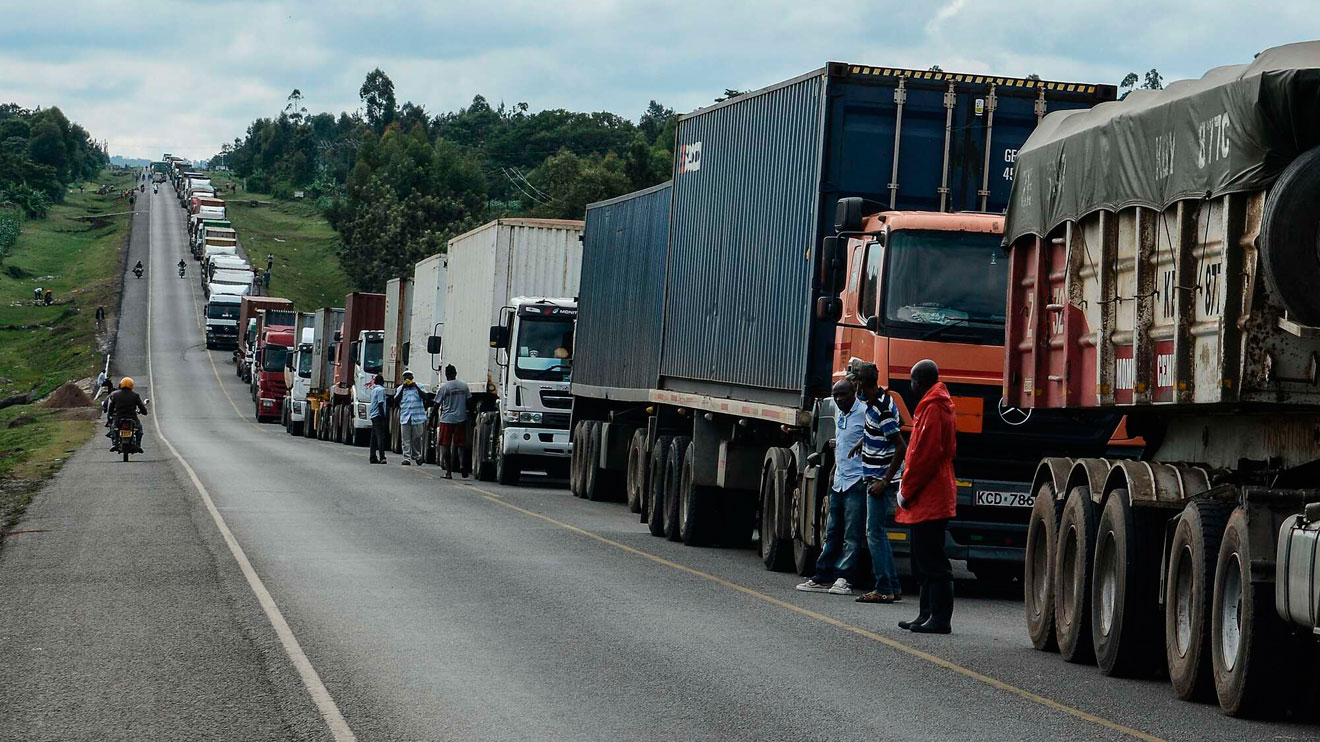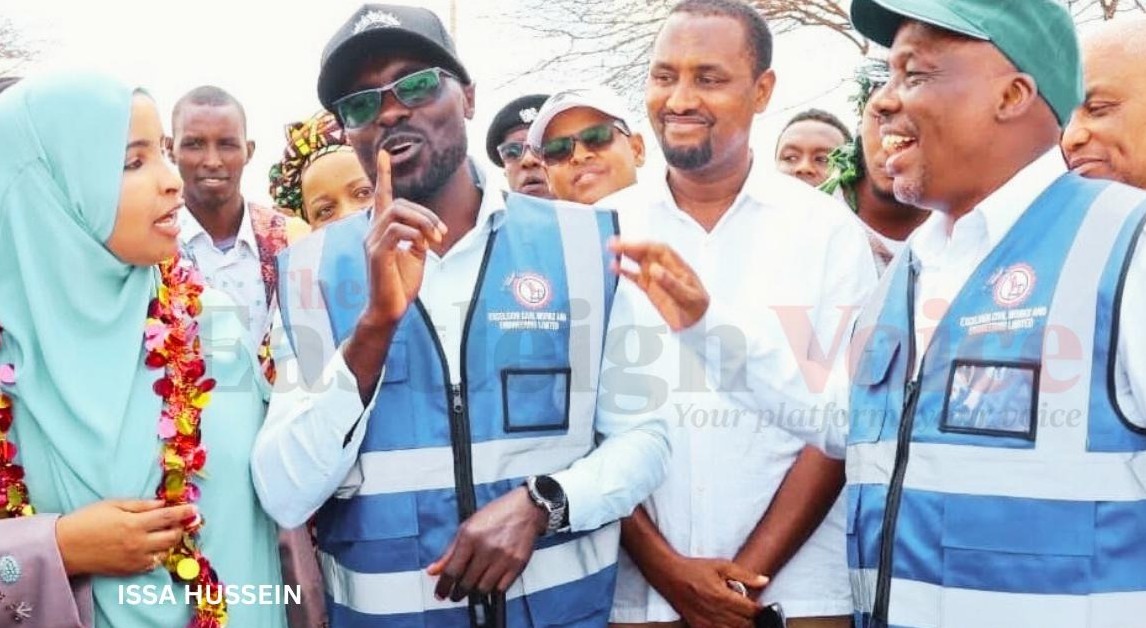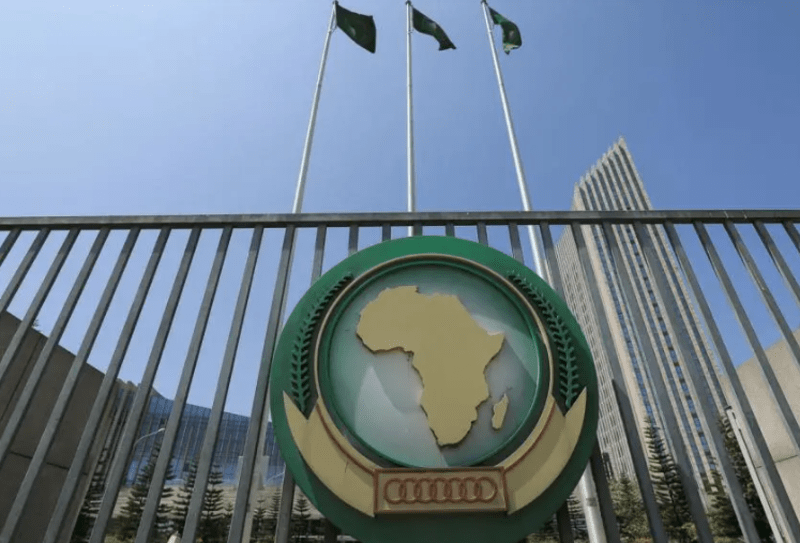Raila slams IEBC, NPS and DPP, says they have failed Kenyans despite 2010 Constitution gains

Raila said while some institutions created by the Constitution had strengthened democracy and accountability, others had failed to live up to expectations.
Former Prime Minister Raila Odinga has slammed several institutions, including the Independent Electoral and Boundaries Commission (IEBC), the National Police Service, and the Office of the Director of Public Prosecutions, accusing them of failing Kenyans despite the promise of the 2010 Constitution.
Speaking during Katiba Day celebrations on Wednesday to mark 15 years since the promulgation of the Constitution, Raila said while some institutions created by the Constitution had strengthened democracy and accountability, others had failed to live up to expectations.
More To Read
- Why Ruto declined to gazette Katiba Day as a public holiday
- KHRC, civil rights organisations highlight governance failures on Katiba Day
- Four judges removed, 210 staff sacked for misconduct since promulgation of 2010 Constitution - CJ Koome
- CJ Martha Koome hails 2010 Constitution as transformative, cites gains and challenges 15 years on
- MPs call on IEBC to curb soaring election costs by regulating legal fees
- Edible oil scandal: Court allows DPP to withdraw case against ex-KNTC official
He directed sharp criticism at the police, saying they had worsened matters since 2010.
“Abuse of the right to life, degradation of human dignity, torture and denial of security of person by the police have increased under the watch of the National Police Service,” he said.
He cited policing models in Tanzania and the United Kingdom, saying Kenya should emulate them.
“In Tanzania, the police are civil. When they come to arrest you, they salute and say ‘ndugu, nimekuja kukushika’, and you just walk with them without handcuffs. In the UK, if you get lost, a police officer will politely show you directions. But in Nairobi, when you ask, you may end up in cells the next day for ‘loitering with intent to commit a felony.’ We need to change this,” Raila said.
On elections, he tore into the IEBC, saying it had failed to secure credibility despite several reforms.
“The same issues that Kenyans faced in 1992 when we held the first multi-party elections still hound us. Confidence in the commission remains extremely low. Our elections are some of the most expensive in the world, with the cost of a ballot five times higher than in the United States,” Raila said.
He urged that the reconstituted IEBC to “tame the tide against the negativity and doubt that surround the institution.”
Turning to the Director of Public Prosecutions, Raila said the office had failed to deliver on the high expectations Kenyans had in 2010.
“In 2009, just a year before the new Constitution, a UN special rapporteur described the Attorney General as the embodiment of impunity. That description remains accurate for the DPP today,” he said.
The former Prime Minister further called for a national conversation on constitutional amendments to address problematic provisions, including Article One on people’s sovereignty and the structure of devolution.
“Kenyans seem to know how to exercise sovereignty through elected representatives, but there is zero clarity on how to exercise it directly. How do 55 million people exercise direct sovereignty? That’s a question for the lawyers,” he said.
On devolution, Raila argued that 47 counties are too many for a country the size of Kenya.
“Kenya, in my view, is too tiny for 47 devolved units. I believe we are ripe for a three-tier system that has county, regional, and national governments,” he said, adding that the provincial administration should be abolished as a relic of colonialism.
He also faulted the national government for bypassing counties in implementing constituency-level projects.
“Devolution has only two levels; national and county. It is not right for the national government to jump counties and create another unit below them. The money should go to counties to implement projects, and Parliament should stick to representation, legislation, and oversight,” he insisted.
Raila opposed Members of Parliament managing NGCDF funds, warning of conflicts of interest.
“If you are both a contractor and an MP, who then oversights you? Let us take this matter to a referendum and let the people decide,” he said.
The ODM leader declared that he would not back down on the issue.
“I know this particular stand is making me unpopular, but I just don’t care. I will stand my ground on this particular issue,” he said.
The former prime minister however commended the Judiciary for transforming from an enabler of authoritarianism before 2010 to a defender of civil liberties. He said since 2010, the Constitution and Human Rights Division of the High Court of Kenya has set itself apart from the Court of Appeal and the Supreme Court as the “most effective vanguard of the people’s fundamental civil liberties.”
Raila also lauded the Auditor General and the Commission on Revenue Allocation (CRA) for promoting transparency and fair distribution of resources.
“Without the diligent work of the CRA, devolution would have become the single most divisive development in modern Kenya,” he said.
Top Stories Today



